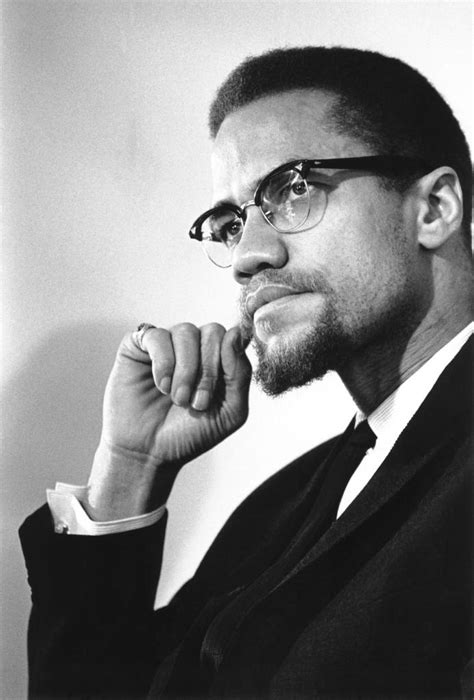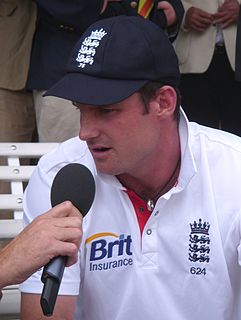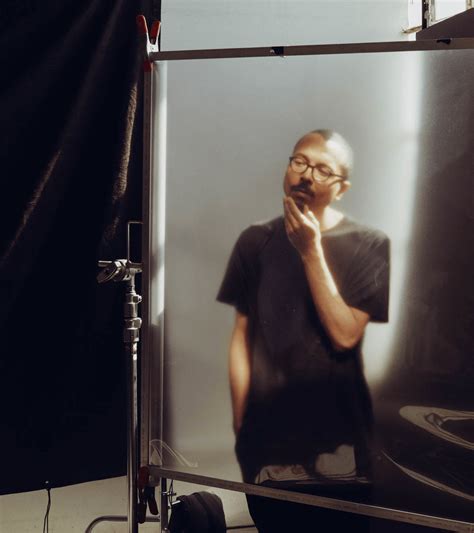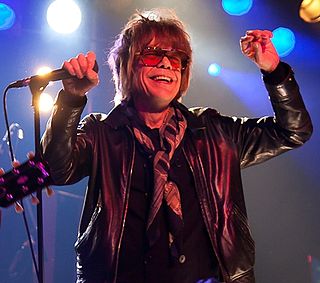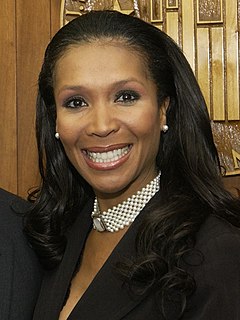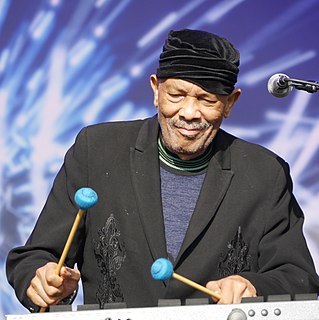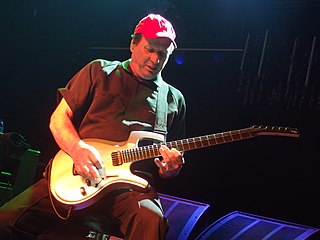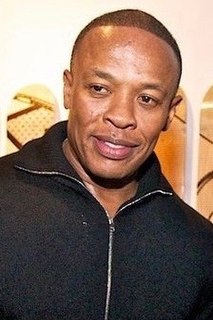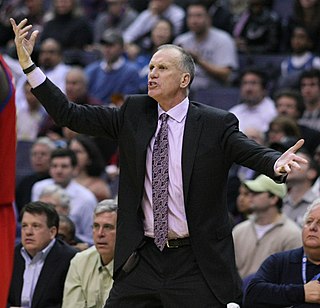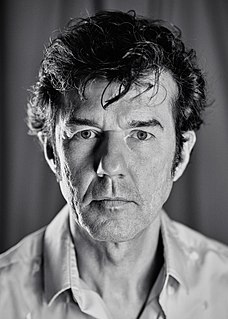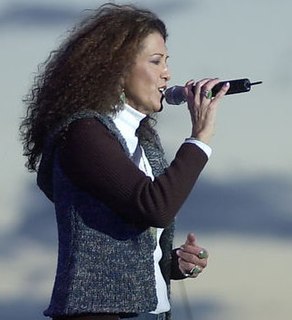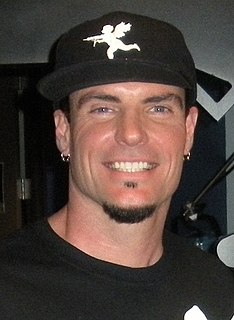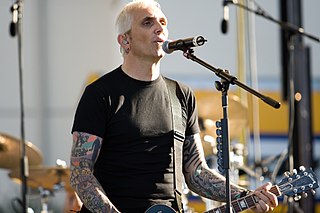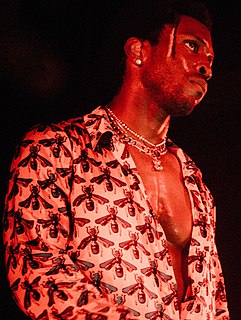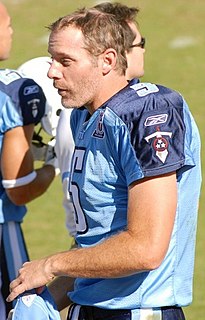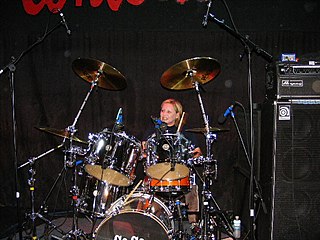Top 1200 Track Record Quotes & Sayings - Page 15
Explore popular Track Record quotes.
Last updated on November 15, 2024.
I approach song writing three different ways. One way is where I write the initial melody and lyrics first and then take it in to the producer to collaborate. Another way is where the producer sends me his initial musical track ideas and then I write the lyrics and melody over his track. The third way is where we just jam out in the studio and see what we come up with.
Record stores are the hippest libraries. In these tired ole days of homogenized entertainment, where so much of the art of our society is culminated, dumbed-down and mass produced, there is a shining jewel in the rise of the indy record stores. Going to a record shop for me is like a little treasure hunt no one can take you on but yourself. It's fun to look around and see the other shoppers too...totally entrenched in their own adventure, anticipating the reward of heart wrenching, soul filling, joy making music that might just be a bin or a flip away.
I used to do more melodic stuff, and I used to do more actual rap - like traditional hip hop vocals. I think my method of storytelling has led me to this point, at which I want to pare down my style. I think I give the lyrics more thought, and then when I try to perform the lyrics over the track I'll try it over and over again, and eventually the lyrics will sink into the track by the way I project them.
I was too shy, I think, to sing publicly. It takes a particular kind of person. And when I was young, I was not that person. In the first instance, when a record company said to me, do you want to try and make your record, my first reaction was, no, I'm not worthy - I couldn't possibly, and so on and so forth.
If you’re feeling good, then you’re creating a future that’s on track with your desires. If you’re feeling bad, you’re creating a future that’s off track with your desires. As you go about your day, the law of attraction is working in every second. Everything we think and feel is creating our future. If you’re worried or in fear, then you’re bringing more of that into your life throughout the day.
The conventional wisdom in our business is that you have to grow and keep moving to survive. We never grew, always stayed tiny, and it serves us very well over the years, allowing us to pick and choose projects, and keeping our financial independence from our clients. We actually have a rather good track record, because we do select projects carefully. Most of our ideas don't eat dust but glimpse the light of day because we find it much more helpful to spend some serious time and effort before we start working on a project, rather than suffer through it afterwards.
Andres Segovia, the great name for guitar, he put classical guitar on the map. He was the proponent of it, the best in the world. So I was listening to a record that he had made, and a little bauble happened in the middle of the record. A finger slipped, and I said, 'Wait a minute. He's not allowed to make mistakes,' - my mind.
I look back at a couple of games we lost that we shouldn't have lost that could have made a difference. But this is the reality. There have been a myriad of things that have led to our record. I take my share of the blame. We've had a lot of penalties and inconsistent execution on offense that has led to this record.

